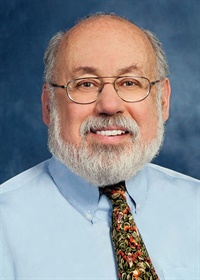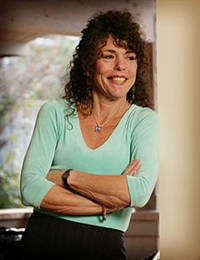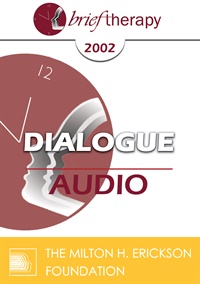BT02 Dialogue 01 - Catalizing Change in Individuals and Couples - Arthur Freeman, EdD and Michele Weiner-Davis, MSW
- Average Rating:
- Not yet rated
- Topic Areas:
- Dialogues | Couples Therapy | Cognitive Behavior Therapy (CBT) | Solution Oriented Approach | Communication
- Categories:
- Brief Therapy Conference | Brief Therapy Conference 2002 | Pioneers in Couples and Family Therapy
- Faculty:
- Arthur Freeman, EdD | Michele Weiner-Davis, LCSW
- Duration:
- 1:01:29
- Format:
- Audio Only
- Original Program Date:
- Dec 13, 2002
- License:
- Never Expires.
Description
Description: Two brief therapy models—cognitive-behavioral and solution-focused—are explored for their ability to jump-start change in distressed couples. The presenters consider how early signs of improvement, hope-building, and collaborative strategies support movement toward repair. The conversation also addresses clinical judgment around domestic violence, therapist alignment, and working within complex systems.
Educational Objectives:
- To become aware of the differing approaches to brief therapy and to describe the strengths and weaknesses in each approach.
*Sessions may be edited for content and to preserve confidentiality*
Credits
Handouts
| Timestamped Transcript (975.4 KB) | 23 Pages | Available after Purchase |
| Ericksonian Learning Snapshot (244 KB) | 2 Pages | Available after Purchase |
Faculty

Arthur Freeman, EdD Related Seminars and Products
ARTHUR FREEMAN, EdD, is professor and chair, Department of Psychology at Philadelphia College of Osteopathic Medicine. He is board certified in Clinical and Behavioral Psychology and has published 26 books and over 50 chapters and journal articles on various aspects and applications of Cognitive Behavior Therapy. Dr. Freeman lectures nationally and internationally.

Michele Weiner-Davis, LCSW Related Seminars and Products
Michele Weiner-Davis, LCSW is the Founder of The Divorce Busting Center in Boulder, Colorado. She is a popular TEDx speaker and the author of eight books including, Healing From Infidelity, and the bestselling Divorce Busting and The Sex-Starved Marriage. She is the recipient of several prestigious awards including the Outstanding Contribution to Marriage and Family Therapy Award from AAMFT.


